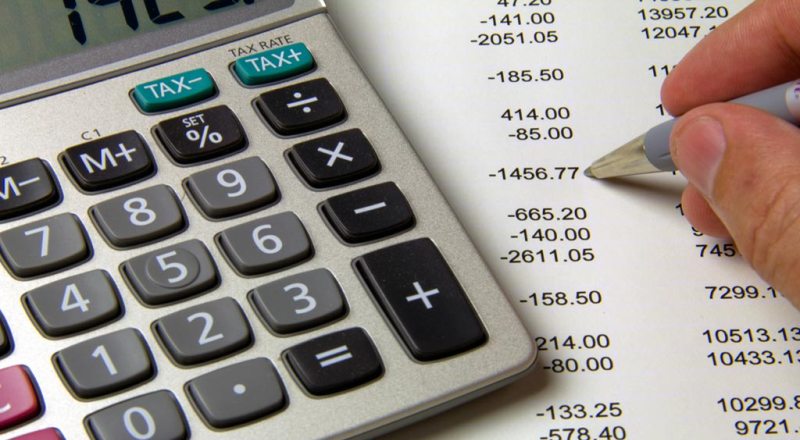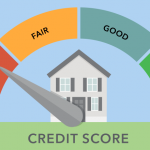If you are suffering from financial anxiety, stay calm. This article contains sound advice to help you get your finances under control. With the right financial tools, you can flip your situation around quickly.
You should always keep a spending account that is somewhat flexible. Besides, the money you put in this account will not be taxed.
HINT! Education is critical if you are to succeed when it comes to personal finance. People that graduate from college and get a Bachelor’s degree can earn up to twice as much money as dropouts and people that graduated from high school.
It can take more distance and effort, but you may save tons by just using ATMs that are associated with your credit union, bank, or thrift. Many financial institutions impose fees for using ATMs of non associated banks. These fees can accrue over time and cost you.
A great way to save money is to swap out all of your regular light bulbs for CFLs. They’re better for the environment, and will save you money on your electric bill. CFL bulbs also have the advantage of longer life than traditional bulbs. You will spend less money by buying fewer bulbs.
Big-Ticket Items with Credit Cards?
HINT! Learning how to cook your own meals, rather than relying on restaurants and take-out food, can save you a lot of money over time. Generally, the cost of a good meal for four people is around $30, if you cook at home.
If you want to buy a big-ticket item on credit in the near future, raise your credit score before doing so. Do this by getting a credit card, making timely payments, or obtaining a small loan, which should be paid back quickly. Make sure that you are paying more than just the minimal on your credit card balance.
If you do not want to hash out your monthly finances with pen, paper, and check register, take your budgeting and checkbook-balancing tasks online. There are several software programs that can help you organize your expense accounts, track your income and design a monthly budget.
When planning a budget, consider opening multiple checking accounts. Use your primary account to pay your necessary expenses and use your secondary account for optional expenses. This will enable you to track your income, and ensure that you always have enough cash to cover basic bills.
HINT! Avoid, at all costs, credit cards and lenders. While credit may be necessary at times, you will be happier if you are without debt and save money for those larger purchases that come along.
Make wise choices. Want to save up to 100 dollars per month? While it might be difficult, try your best to give up your daily mocha or latte and drink homemade coffee instead. A fancy cup of coffee can cost as much as five dollars, but you can make a tasty brew at home – just add a little creamer or a whipped topping. Pour your home-brewed coffee into a polystyrene cup and take your coffee with you!
In most cases, automobiles and homes represent an individual’s most substantial purchases. Payments and interest on these things will be the thing you spend the most on every month. Try to get the balance down by at least sending in one additional payment every year or applying some of your tax return money to the balance.
Although you may not like your job at the moment, it is always best to have some money coming, than having none at all. Quitting your job without having another lined up can hurt you financially.
Credit Card For Youngsters?
If you want to have a credit card but are younger than 21, know that rules have changed recently. Credit card companies used to give cards freely to college students. It is now a requirement that student applicants must prove they have an income, or have someone cosign for them. Research a card’s requirements before applying for one.
Be sure to remember to file your taxes on time. This will allow you to get the refund that you earned as soon as possible. If you owe money, then you may want to file your taxes closer to the April 15 due date.
Credit Card Debts
Pay off your credit card debts as soon as you possibly can. Even a little debt can cause you to pay extra for the fact that it can roll over to the next month. This is money that is unnecessarily spent! Therefore, it is optimal to pay off as much as your credit card as you can when the month concludes.
Devote one specific day each month to paying your monthly bills. You will not spend the whole day paying bills, but paying off debts does need its own day. Keep it marked on your calendar and be aware of when it is. You should never miss this day. Otherwise, you could end up paying serious consequences.
HINT! By having your bank automatically pay your bills each month, you can make sure your credit card payments always get there on time. Credit card companies would rather see you make regular payments than pay your balance off completely.
If you want financial stability, it’s important to have an established savings account into which you make regular deposits. This could mean that you may not need a loan, and that you can handle unknown circumstances if need be. No matter how small your monthly contribution is, it adds up and is worth the effort.
Credit Card
When you are having trouble keeping up with your credit card payments, then you really need to stop using it. Reduce your expenses as much as possible and find another method of payment, so that you do not max out your credit card. Pay off what you owe before you charge anything else to the card.
HINT! Look for creative ways to decrease your expenses, such as learning to give do-it-yourself haircuts. Your hair may look nicer when your hairdresser handles it, but a trip to the salon can take a serious toll on your wallet.
It’s never too early to get and keep your finances organized. If you start now, no matter what age you are, you will be more prepared later in life. Starting to organize your finances can only be good for you.
Savings ought to be a priority in your personal finances. Stop making excuses to avoid saving, and make it a priority. Put aside money each payday for your savings account. By paying yourself first, you will gradually accrue a financial safety net.
The more you know about your finances, the less stress they should cause you. Apply these tips to tighten up your financial situation, and keep learning everything you can about responsible money management. This is the start of a new money saving, debt-free you! The world is your oyster – so enjoy!
Read Also:











